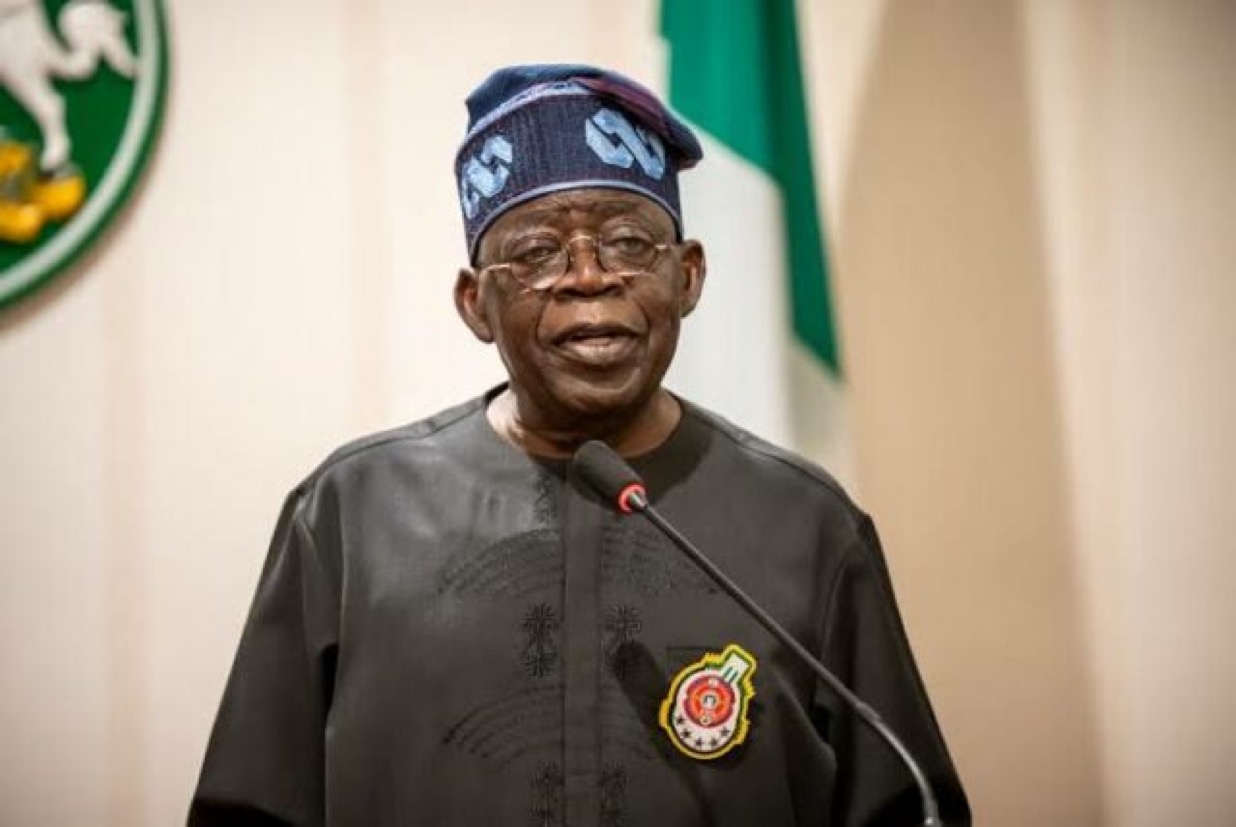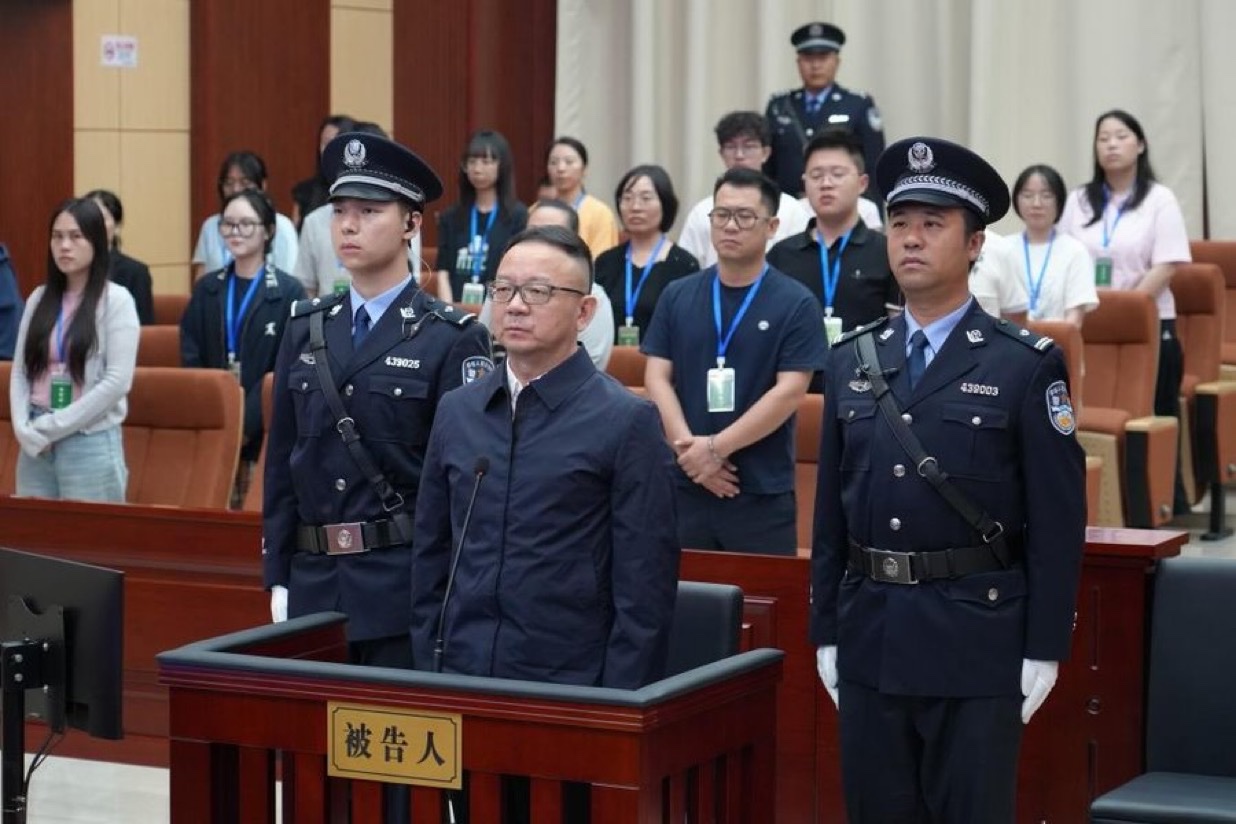
Tinubu Orders Mandatory Health Insurance for All Federal MDAs Under NHIA
President Bola Ahmed Tinubu has issued a decisive directive that could redefine Nigeria’s healthcare landscape, mandating that all Federal Ministries, Departments, and Agencies (MDAs) enroll their employees into the National Health Insurance Authority (NHIA). The order goes beyond rhetoric, requiring every staff member to be properly registered and issued a
President Bola Ahmed Tinubu has issued a decisive directive that could redefine Nigeria’s healthcare landscape, mandating that all Federal Ministries, Departments, and Agencies (MDAs) enroll their employees into the National Health Insurance Authority (NHIA).
The order goes beyond rhetoric, requiring every staff member to be properly registered and issued a certificate of coverage before MDAs can engage in procurement or licensing processes. It is a bold move that directly ties compliance with access to government operations, signaling a new era of accountability in Nigeria’s quest for universal health coverage.
The directive builds on the 2022 NHIA Act, which transformed the National Health Insurance Scheme into a fully empowered authority, and dovetails with the administration’s 2025 healthcare reform package aimed at drastically cutting down out-of-pocket medical expenses.
In a country where nearly 70% of health spending comes directly from the pockets of citizens, often forcing families into poverty, Tinubu’s order represents both an economic and social intervention. By mandating institutional enrollment, the government seeks to force adoption at scale, ensuring that public workers no longer bear the full brunt of medical emergencies without insurance protection.
Early reactions to the directive have been sharply divided. On one hand, stakeholders such as the Abuja Chamber of Commerce and Industry (ACCI) have praised the initiative, describing it as a long-overdue step toward financing Nigeria’s struggling health sector. Advocates note that compulsory insurance coverage will not only ease financial burdens on families but also expand the risk pool, thereby strengthening the system for sustainable growth. On the other hand, skeptics are quick to point out the historical challenges that have plagued health insurance in Nigeria: low uptake, weak awareness campaigns, inadequate infrastructure, and poor enforcement. Reports have consistently shown that despite previous efforts, many Nigerians remain either unaware of or unable to access the benefits of existing health schemes, raising doubts about whether the President’s directive will succeed without a radical improvement in execution.
Still, the timing of the policy seems deliberate. By aligning the directive with the broader push for social and economic reforms, Tinubu’s administration appears intent on using health insurance not just as a medical safety net but also as a tool of governance. By linking NHIA certificates to procurement and licensing, compliance is no longer optional but a mandatory condition for public sector operations. It is a strategy that forces institutional buy-in, ensuring that ministries and agencies cannot sidestep the order without grinding their own functions to a halt.
The potential impact, if properly enforced, is enormous. Millions of federal employees and their families would gain access to healthcare services without the crushing costs that often accompany emergencies. Hospitals and providers within the NHIA framework would see increased patronage and more predictable financing streams, reducing the dependency on irregular government subsidies. International health experts point out that similar models, when properly funded and monitored, have driven up coverage rates significantly in peer nations, turning fragmented healthcare systems into more cohesive and resilient structures.
Yet, Nigeria’s history with reform execution looms large. Policy analysts caution that the difference between success and failure will lie in implementation—ensuring that premiums are fairly structured, claims are efficiently processed, and services actually reach the enrolled citizens without bureaucratic bottlenecks. For many Nigerians, the ultimate test will not be the announcement itself but whether the next visit to a hospital ends in care covered by insurance or yet another round of out-of-pocket payments.
President Tinubu’s gamble is clear: by pushing for compulsory health insurance across the federal workforce, he is betting on a model that could ripple outward into broader society, creating momentum for nationwide adoption. If it succeeds, it will not only shield citizens from catastrophic health expenses but also mark a turning point in Nigeria’s long struggle to build a functional healthcare financing system. If it fails, it risks becoming another well-intentioned policy trapped in the quicksand of poor execution.
For now, the order has set the stage. Nigeria’s federal workers are at the center of a bold experiment that could redefine access to healthcare in Africa’s most populous nation. The question that lingers is whether the government has the will and the systems to turn this directive into a working reality—or whether it will join the long list of reforms that promised much but delivered little.
Share this post
Related Posts

Give Your Mother Flowers While She’s Alive – Laura Ikeji Urges Igbo Sons
Business mogul and social media influencer, Laura Ikeji, has sparked conversations online with her recent...

Death Sentence Drama: Chinese Politician Wang Yong Falls in $37.8 Million Bribery Earthquake
In a ruling that has sent shockwaves through the corridors of power in Beijing and...

Stefano Pioli on the Brink of Al-Nassr Exit Amid Tensions with Cristiano Ronaldo
Al-Nassr manager Stefano Pioli is edging closer to leaving the club due to a strained...